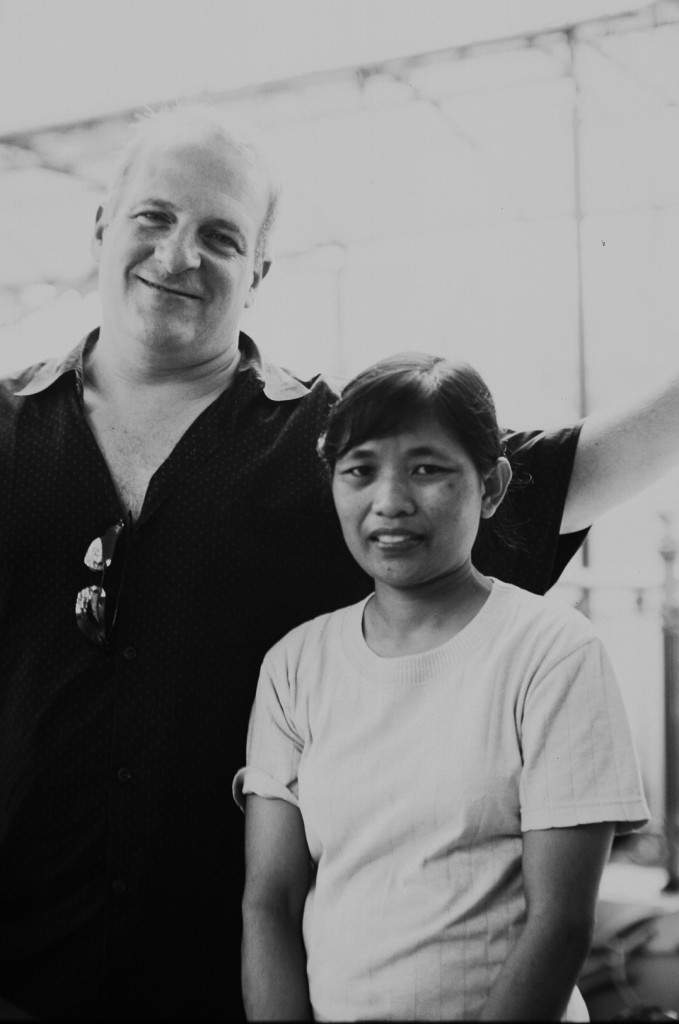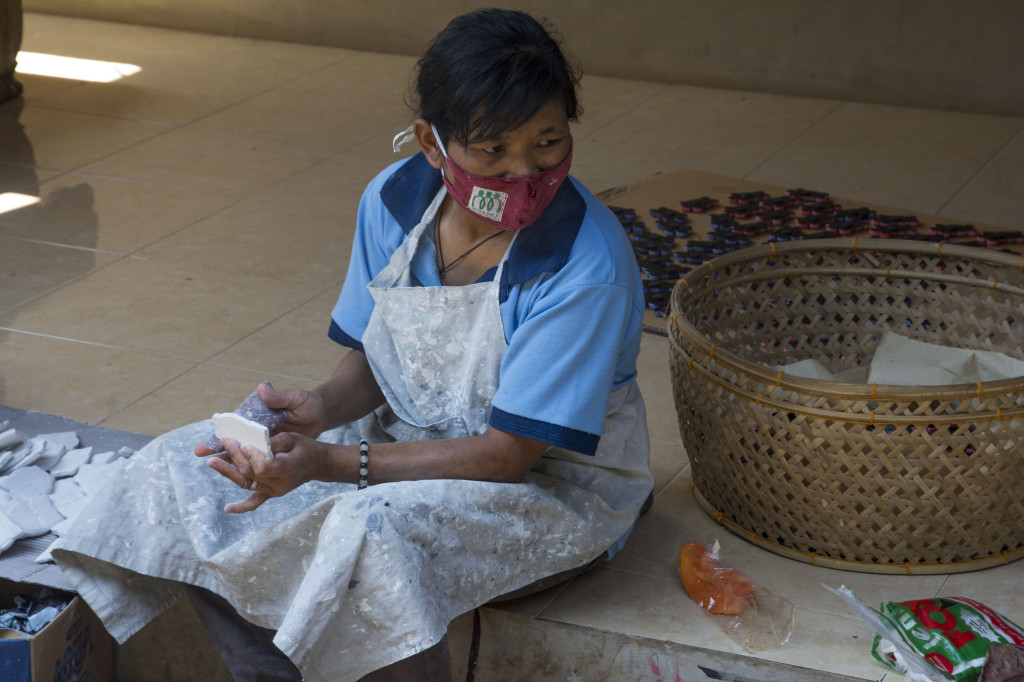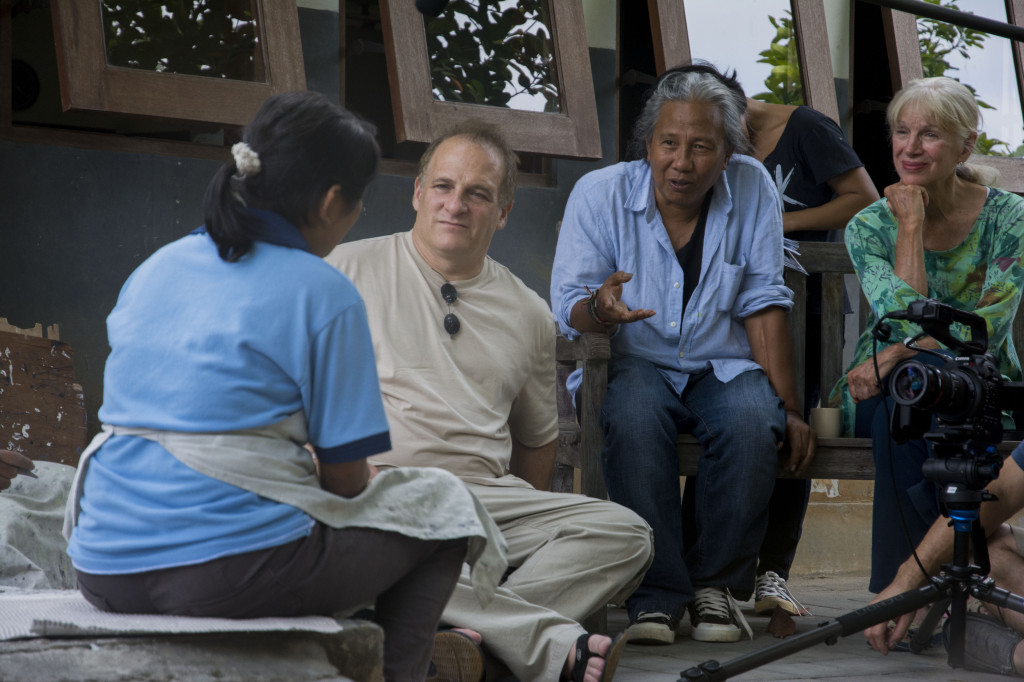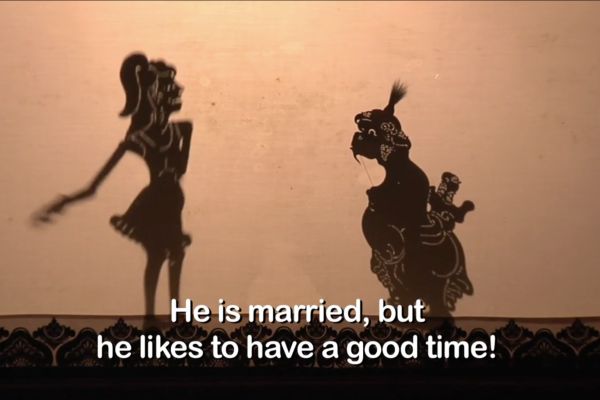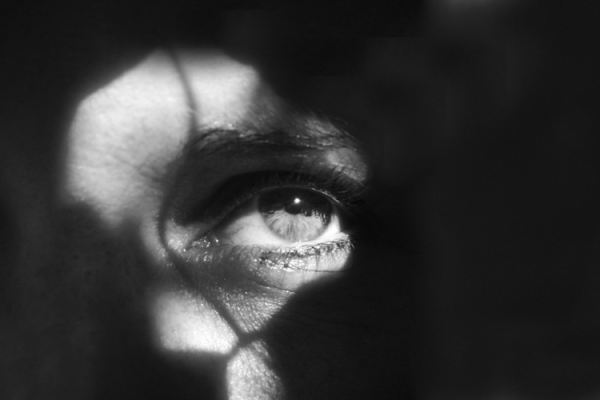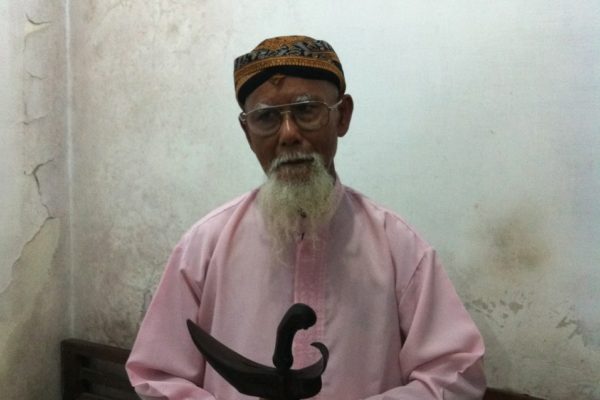One of the more difficult areas in doing long-term filming is when your subjects, either because of the conditions of their lives or, more troubling, their participation in your film project itself, are in positions of physical danger. While the relationship of violence in films such as 40 Years of Silence–which deals with mass killing, torture, and other domains of state terror–is self evident, it is less obvious that violence should be an important, or even relevant, part of the stories and lives of subjects in other films that have no direct connection to specific forms of political control and power. And yet, in thinking back on my various projects, I came to the surprising conclusion that physical violence, or the threat of physical violence, has been significant in the storylines of almost every film we have made and that a focus on a singular area such as violence can illuminate other domains in subjects lives that are integrally connected to central issues of the various films in which it arises.
To understand this we need to look to the specifics of the characters and story lines. Take, for instance, the story of Gusti Ayu, the central figure of The Bird Dancer. Gusti has Tourette’s Syndrome and the major theme in the film is Gusti and her family’s quest for the healing of her illness. But simultaneous with the family’s sincere and ongoing search for a cure, which brought them to numerous doctors, psychiatrists, neurologists, as well as many different traditional healers with various areas of expertise, was a sense of frustration, shame and anger at Gusti herself about the expression of her illness, which involved socially embarrassing symptoms such as the odd movements, vocalizations and spitting. Gusti’s parents routinely scolded, embarrassed, and exhorted Gusti, and at the extreme Gusti’s brother would hit and kick her. It was this violence, combined with the rejection, anger, criticism, ridicule and contempt that her brother expressed towards her, that was most painful for Gusti and that she saw as a stressor that would exacerbate her symptoms and lead towards a worsening of her condition.
This violence was visited upon Gusti not only because she had a mysterious condition that family members and villagers feared might be caused by black magic, an ancestral curse, or the repayment of a cosmological debt by a fellow villager to a temple, but also because of her position in her family. She is an unmarried and perhaps unmarriageable woman, and as such is perceived as a burden on the family. This structural position exposed Gusti to the threat of gender-based violence. So it was the shame, fear and uncertainty of her condition, combined with her structurally vulnerable position, that made her an easier target for her brother’s anger and frustration and thus abusive behavior.
What the film team and I did or could do to ameliorate this situation was actually very little. Gusti described the violence and hostility that she had suffered as having only occurred in the past and there was certainly little in neither national nor adat (customary) law that would realistically apply in her case. In addition, I had a long-term affiliation and relationship with this family, and while I could discuss their situation with them, and was at times put into the position of advisor, there was little I could do in the way of direct intervention. That said, we did support Gusti in multiple ways over the years. First, we encouraged her in her decision to leave the family compound and find employment as a maid in the capitol city, Denpasar. Unfortunately, her first employer there in many ways replicated her family situation—she was demanding, imperious and worked Gusti very hard, with few days off a month and long hours every day. In 2011, I approached a Balinese friend, Agung Alit, who had a fair trade factory in a village not far from Gusti’s home village, and asked if it would be possible for him to employ Gusti as a line worker making souvenirs for the globalized trade in Balinese “object d’art.” I knew Pak Alit treated his employees very fairly, and also employed other Balinese people with disabilities. I offered to pay Gusti’s salary for a period of time, and she began to work there. I am happy to report that, as of September 2013, Gusti has been working at the factory, living independently nearby, and now is fully self-supporting. She is demonstrably happier with her situation, having made friends in this much improved work environment, and she is even being courted by a young man in a neighboring village.
So ultimately the take-away message for intervention is that helping, even in minor ways, in the economics and daily routines of your subjects and friends can be very empowering, perhaps far beyond a direct intervention in the specifics of the violence or abuse they may be suffering might be. Being an agent of change in someone’s basic economic and work situation can have very demonstrable and positive effects that perhaps supersede the specifics of their abuse. In addition, engaging in these sorts of positive actions are less problematic from the perspective of one’s role as a relatively neutral observer as an anthropologist. Directly intervening in a family process, no matter how distressing it might be for both the subject and the anthropologist, is not always, or even generally, possible and can be enormously problematic on a number of levels, and might therefore in fact be unhelpful or even harmful. If I had attempted to directly intervene when Gusti described the abuse meted out to her at her brother’s hands, it is quite likely he, and subsequently the family and Gusti herself, would have rejected me and any other additional help or advice I could give. Intervening in other ways, such as using our influence and relationships to help Gusti initially obtain employment and leave her house, and then garner better work, has had a more powerful and lasting effect than a direct intervention probably could have. She has experienced a raise in status as a wage earner, which has had positive effects on her daily routine, relationships, economic status, and even potentially increased her ability to find a husband, which is one of her most critical desires. So this indirect assistance has effected many positive changes, some of which a direct intervention in the violence would have done, but without directly interfering with the family process.


